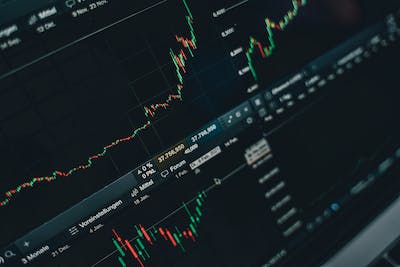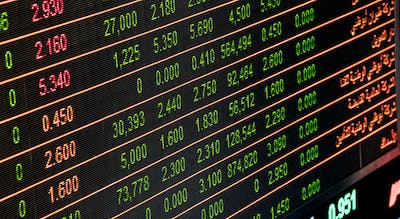
Best Currency Pairs To Trade In Forex
December 7, 2023
Forex Trading for Part-Time Traders: A Comprehensive Guide
December 12, 2023Introduction: The forex market is highly responsive to economic events and indicators, making the Forex Economic Calendar an indispensable tool for traders worldwide. In this comprehensive guide, we will explore the intricacies of the economic calendar, its significance in forex trading, and how traders can leverage this powerful resource to make informed and strategic decisions.
Understanding the Forex Economic Calendar:
-
What is the Economic Calendar?
- The economic calendar is a schedule of significant economic events, releases, and announcements that impact global financial markets.
-
Key Economic Indicators:
- The calendar includes crucial economic indicators such as GDP growth rates, employment figures, inflation rates, central bank decisions, and manufacturing data.
-
Event Classification:
- Events are categorized by their potential impact on the market, ranging from low to high volatility. Major events often include central bank meetings, non-farm payroll releases, and GDP announcements.
Significance of the Economic Calendar in Forex Trading:
-
Market Expectations:
- Traders use the economic calendar to anticipate market movements based on consensus expectations versus actual results.
-
Volatility and Liquidity:
- Certain economic events can significantly impact currency prices, leading to increased volatility and liquidity. Traders strategically plan around these periods.
-
Policy Changes:
- Central bank decisions, interest rate announcements, and monetary policy changes are closely monitored as they influence currency values.
-
Global Economic Health:
- The economic calendar provides insights into the overall health of global economies, helping traders make informed decisions about currency pairs.
How to Use the Economic Calendar for Strategic Trading:
-
Event Prioritization:
- Identify high-impact events and prioritize them based on their potential market influence.
-
Consensus Analysis:
- Compare analysts' forecasts (consensus) with actual results to gauge the market's reaction.
-
Preparation and Planning:
- Plan trades in advance of significant events, considering potential outcomes and setting risk management parameters.
-
Post-Event Analysis:
- Assess the market's reaction post-event to refine future trading strategies and improve decision-making.
-
Integration with Technical Analysis:
- Combine economic calendar data with technical analysis for a comprehensive trading strategy.
Benefits and Challenges of Using the Economic Calendar:
-
Benefits:
- Informed Decision-Making
- Strategic Positioning
- Risk Mitigation
-
Challenges:
- Market Volatility
- Unforeseen Events
- Rapid Reversals
Conclusion: The Forex Economic Calendar is a fundamental tool for traders seeking to navigate the dynamic and ever-changing forex market. By understanding the significance of key economic events, prioritizing information, and integrating insights into their trading strategies, traders can make well-informed decisions and enhance their overall success in the challenging world of forex trading. Continuous monitoring, adaptability, and a thorough understanding of economic indicators are essential components of mastering the economic calendar for strategic trading.




